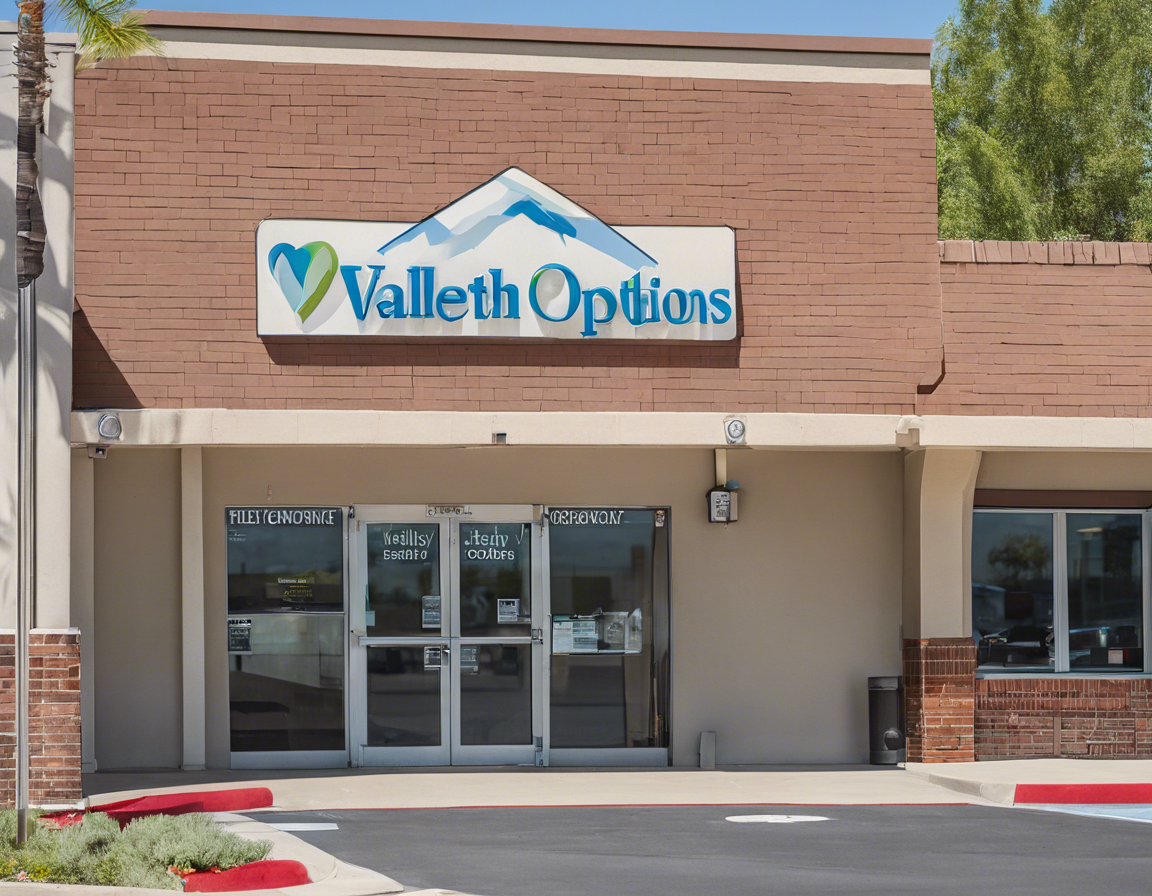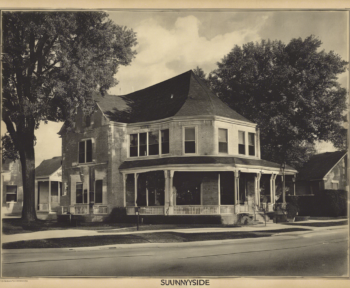Are you looking for the best healthcare options in the valley? Whether you are a resident or a visitor to the area, it is essential to have access to high-quality medical services. With a diverse range of healthcare providers and services available in the valley, choosing the right option can be overwhelming. In this comprehensive guide, we will explore the valley health options to help you find the best care for your needs.
Understanding Healthcare in the Valley
Healthcare Providers
The valley boasts a range of healthcare providers, including hospitals, clinics, urgent care centers, and specialist practices. Hospital facilities in the valley are known for their state-of-the-art technology and skilled medical professionals. They provide a wide range of services, from emergency care to specialized treatments.
Clinics in the valley offer primary care services, such as routine check-ups, vaccinations, and minor procedures. They are a convenient option for non-emergency medical needs. Urgent care centers cater to patients with immediate healthcare needs that are not life-threatening. They provide efficient care for conditions that require prompt attention but are not severe enough for the emergency room.
Specialist practices in the valley cater to specific medical needs, such as cardiology, orthopedics, dermatology, and more. They offer advanced treatments and expertise in particular areas of healthcare.
Insurance and Affordability
When exploring valley health options, it is essential to consider your health insurance coverage. Different healthcare providers may accept different insurance plans, so it is crucial to check whether your insurance is accepted before seeking care. Some facilities offer financial assistance programs for those without insurance or with high medical costs.
Telehealth Services
In recent times, telehealth services have become increasingly popular in the valley. These services allow patients to consult with healthcare providers remotely through video calls or phone calls. Telehealth services are convenient for minor health issues, follow-up appointments, and medical advice.
Choosing the Best Valley Health Option for You
Primary Care vs. Specialist Care
When considering valley health options, it is essential to determine whether you need primary care or specialist care. Primary care providers, such as family doctors or internists, offer comprehensive healthcare services and coordinate overall patient care. They are the first point of contact for most medical needs.
Specialist care providers have expertise in specific areas of medicine and treat conditions that require specialized knowledge. When seeking specialist care in the valley, consider factors such as the provider’s experience, reputation, and the range of services offered.
Location and Accessibility
The location of healthcare facilities in the valley is an important factor to consider, especially in emergencies or for regular visits. Choose a healthcare provider that is easily accessible from your home or workplace. Consider factors such as parking availability, public transportation options, and proximity to major roads.
Quality of Care and Patient Satisfaction
Research the quality of care provided by healthcare facilities in the valley by reviewing patient testimonials, online ratings, and quality reports. Look for facilities with high patient satisfaction scores, positive reviews, and accreditation from reputable organizations.
Range of Services
Consider the range of services offered by healthcare providers in the valley. Ensure that the facilities you choose can meet your specific medical needs, whether it is preventive care, chronic disease management, diagnostic services, or specialized treatments. A comprehensive healthcare provider that offers a wide range of services can streamline your care and provide continuity in treatment.
Technology and Innovation
Valley healthcare facilities that invest in technology and innovation can offer advanced treatments, improved patient outcomes, and enhanced experiences. Look for facilities that use electronic health records, telemedicine services, diagnostic imaging technology, and other innovative tools to optimize your care.
Frequently Asked Questions (FAQs) about Valley Health Options
1. How do I find a primary care provider in the valley?
To find a primary care provider in the valley, you can ask for recommendations from friends, family, or colleagues. You can also search online for providers in your area or contact your health insurance company for a list of in-network providers.
2. Can I visit an urgent care center for non-emergency medical issues?
Yes, urgent care centers in the valley can address non-life-threatening medical issues, such as minor injuries, infections, and common illnesses. They provide convenient and prompt care for a wide range of conditions.
3. What should I consider when choosing a specialist in the valley?
When choosing a specialist in the valley, consider factors such as the provider’s expertise in the particular area of medicine, experience, reputation, and patient reviews. It is important to feel comfortable and confident in the care provided by the specialist.
4. Are telehealth services widely available in the valley?
Yes, telehealth services are increasingly available in the valley, allowing patients to access healthcare remotely. Many healthcare providers offer telemedicine appointments for consultations, follow-ups, and non-emergency medical needs.
5. How can I assess the quality of care provided by a healthcare facility in the valley?
You can assess the quality of care provided by a healthcare facility in the valley by checking patient reviews, online ratings, accreditation status, and quality reports. Look for facilities with high patient satisfaction scores and a good reputation in the community.
6. Does insurance coverage affect my choice of healthcare provider in the valley?
Yes, insurance coverage can impact your choice of healthcare provider in the valley. It is important to check whether a healthcare facility accepts your insurance plan before seeking care. Some facilities may offer financial assistance programs for those without insurance.
7. What are some common services offered by valley healthcare providers?
Valley healthcare providers offer a wide range of services, including preventive care, diagnostic services, chronic disease management, surgical procedures, specialized treatments, and emergency care. They cater to diverse medical needs and strive to deliver comprehensive care to patients.
8. How can I access emergency care in the valley?
In case of a medical emergency in the valley, dial 911 immediately or go to the nearest emergency room. Emergency rooms in valley hospitals are equipped to handle life-threatening conditions and provide urgent medical care around the clock.
9. Are there healthcare facilities in the valley that offer specialized treatments?
Yes, there are healthcare facilities in the valley that specialize in various areas of medicine, such as cardiology, oncology, pediatrics, orthopedics, and more. These facilities have expert providers and advanced technologies to deliver specialized treatments to patients.
10. How can I stay informed about healthcare options and updates in the valley?
To stay informed about healthcare options and updates in the valley, you can follow local healthcare providers on social media, subscribe to their newsletters, attend health fairs and seminars, and keep up with healthcare news in the community. Stay engaged with healthcare providers to access the latest information on services and resources available to you.
In conclusion, navigating the valley health options can be a rewarding experience when you prioritize factors such as quality of care, accessibility, services offered, and patient satisfaction. By choosing the right healthcare provider that aligns with your needs and preferences, you can ensure optimal health and well-being in the valley.



